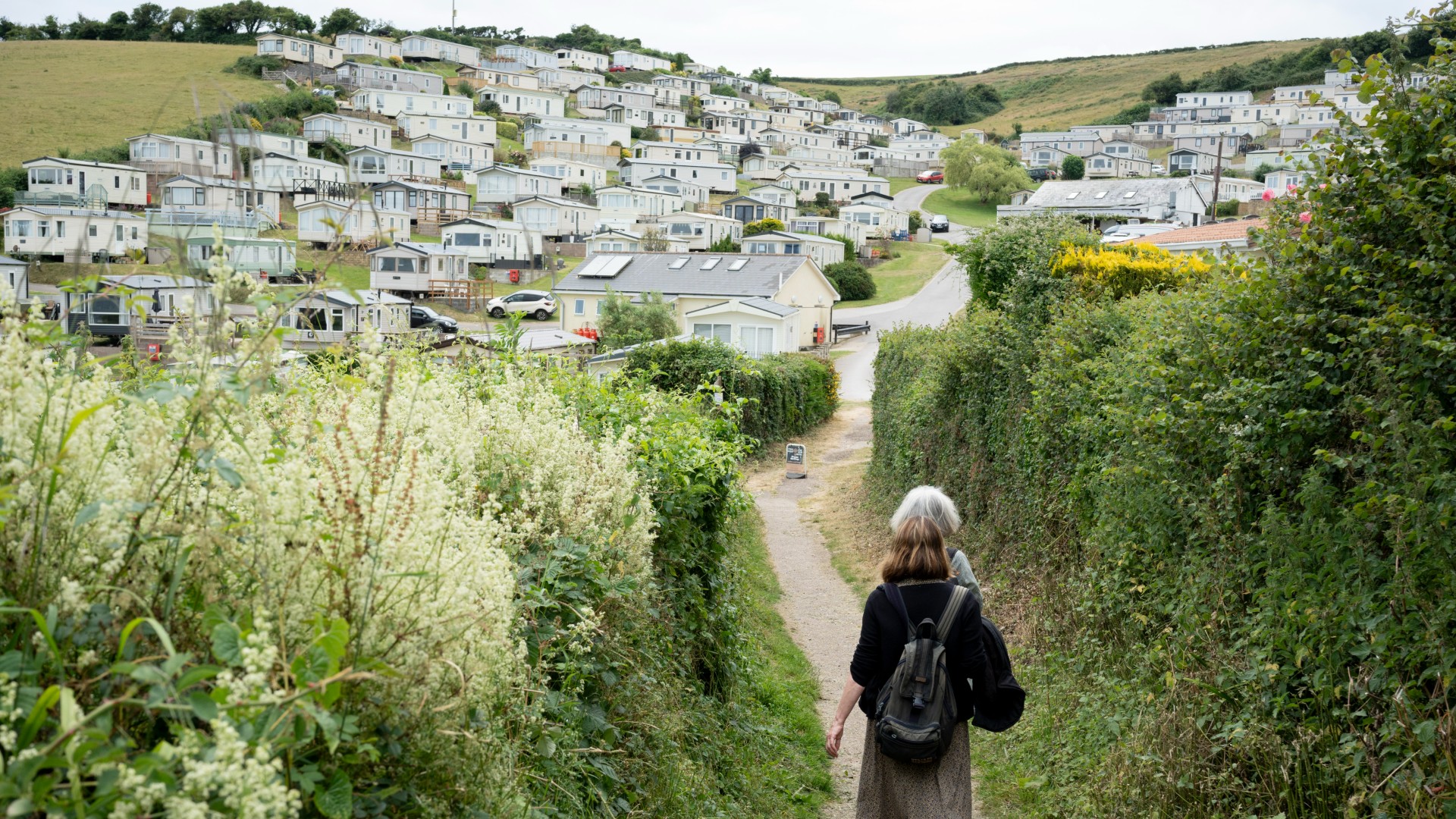The caravan mis-selling 'national scandal'
Legal action begins after people lose life savings and are forced to sell homes to cover 'hidden costs'

A free daily email with the biggest news stories of the day – and the best features from TheWeek.com
You are now subscribed
Your newsletter sign-up was successful
More than a thousand caravan owners from across the UK have begun legal action against holiday parks they claim misled them when they were buying their homes.
The result amounts to a "national scandal", Carole Keeble, founder of the Holiday Park Action Group (HPAG) that brought the lawsuit, told the BBC. People have been "losing their pensions, inheritance or having to sell their own homes to cover the losses they are incurring".
A pitched battle
Around 1,200 members of HPAG are seeking compensation for what they say are undeclared increases in annual pitch fees and misleading claims about the value of static caravans at the time of purchase.
The Week
Escape your echo chamber. Get the facts behind the news, plus analysis from multiple perspectives.

Sign up for The Week's Free Newsletters
From our morning news briefing to a weekly Good News Newsletter, get the best of The Week delivered directly to your inbox.
From our morning news briefing to a weekly Good News Newsletter, get the best of The Week delivered directly to your inbox.
One of those joining the legal action, 65-year-old Joanne Horner-Bloomfield, used £29,995 she received in inheritance to buy her caravan before spending an additional £7,500 on decking and storage.
At the time she bought the caravan, in 2022, annual pitch fees were £2,795. This rose to £4,100 just two years later meaning she could no longer afford to keep the caravan. Yet when she asked to sell it back to the park owners she was told they no longer purchased homes over 10 years old. She eventually sold her caravan for just £5,000, £500 of which went to the holiday park as a disconnection fee.
HPAG claims this is common practice, with a BBC investigation last year revealing how this has led to people losing their life savings and being forced to sell caravans sold by parks at a substantial loss, in some cases just a year after they were purchased.
Other "hidden costs" detailed by Mail Online include owners having to keep their caravans fully insured, "which can cost thousands", and a common requirement to go through the park site for utilities, for which they can then charge above market rate. Sites sometimes insist that cleaning services are organised through them, once again to make a profit on the arrangement.
A free daily email with the biggest news stories of the day – and the best features from TheWeek.com
BBC One's Panorama also revealed how people had been tricked into buying homes in holiday parks in the false belief they could live there all year round. While site owner David Welch said the status of his holiday park was clearly set out in the contract, a salesperson was secretly filmed claiming year-round living was permitted at the Lancashire park.
The vast majority of the more than 170,000 residents living permanently in mobile homes in the UK do so "legally, as they are living on residential parks that have planning permission and residential licences", said the BBC. Thousands, though, are "thought to be living unofficially on holiday parks", with the number of people staying in a holiday home for more than 30 days a year increasing between 2011 and 2021, according to the Office for National Statistics, reported by Which?.
New protections
Caravan owners are protected by consumer rights laws, enforced by the Competition and Markets Authority (CMA), yet Hugh Preston KC, who is representing the HPAG claimants, described the mobile homes sector as "essentially unregulated", with "no statutory regulations that tell parks what to do or how to behave".
He will be asking the High Court to declare whether annual pitch fee increases written into the contract are "fair and enforceable" and if not whether buyers are entitled to a refund. The second claim will ask whether holiday parks should be expected to explain to buyers that caravans decrease in value substantially if resold after only a few years – and if they can be compensated for lost value.
The last Conservative government rejected calls for protections to be strengthened but a spokesperson for the Department for Business and Trade said this government was committed to protecting consumers from "rogue practices" and had plans to introduce tough financial penalties for breaches of consumer law.